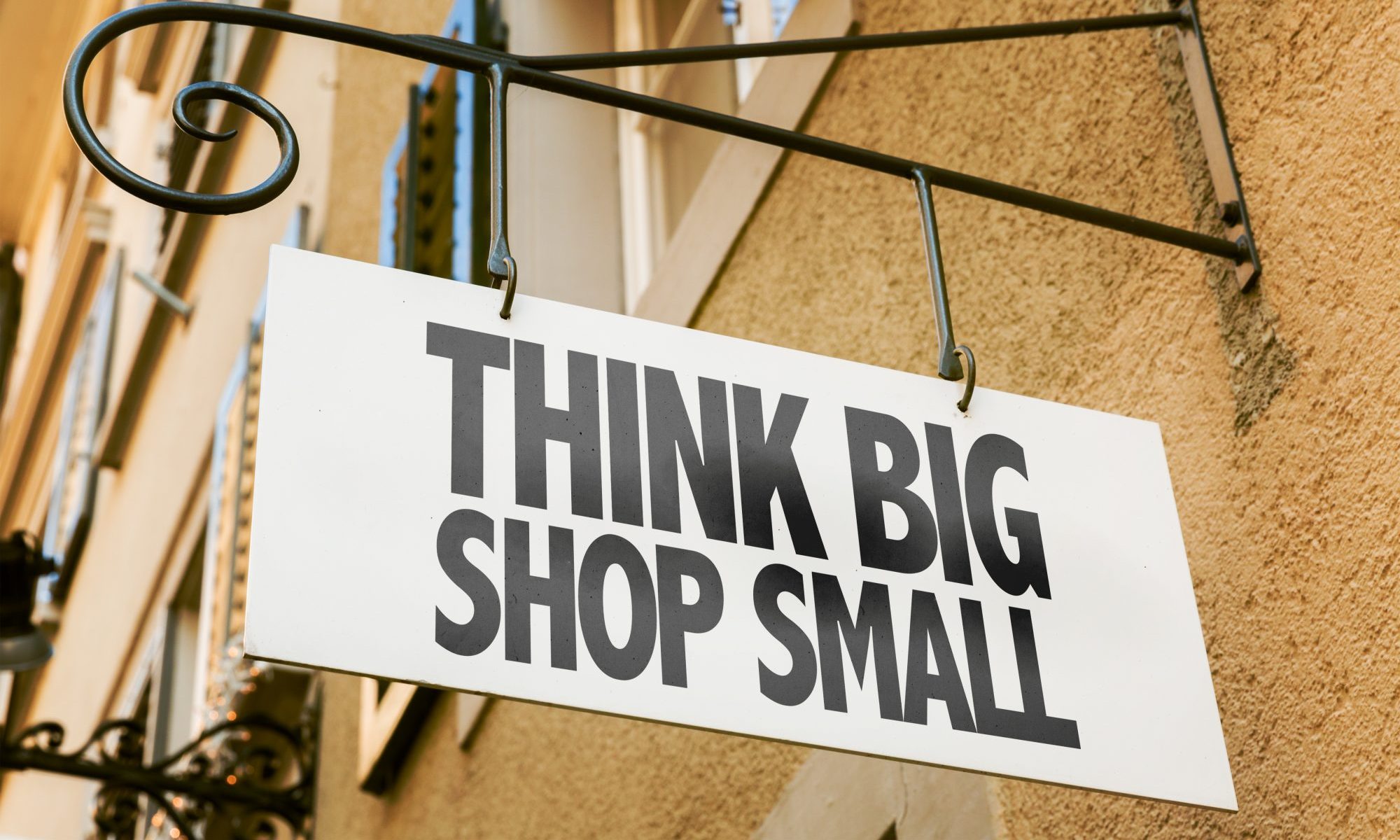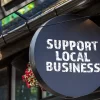Wednesday, Alabama Governor Kay Ivey (R) signed a proclamation formally declaring November 24 as Small Business Saturday in Alabama. Small Business Saturday is designed to celebrate and support small businesses and the impact they have on Alabama communities.
According to the latest figures from the U.S. Small Business Administration, small businesses account for 99.4 percent of all businesses in the state and employ 47.5 percent of Alabama’s private sector workforce. A small business is defined as a business having less than 500 employees.
“Small businesses are one of the key drivers behind our recent economic success. They serve as the centerpiece for most cities and towns across this state,” Governor Ivey said. “When you shop local, you have the opportunity to develop relationships with business owners in your community and many of them offer unique products and services that you simply can’t get online or at department stores. I encourage all Alabamians to visit their local main street, curb market, or favorite restaurant and shop local on Small Business Saturday and throughout the year.”
This year is the eighth anniversary of Small Business Saturday, which is traditionally the Saturday following Thanksgiving as holiday shopping unofficially kicks off.
“Shopping on Small Business Saturday has become a tradition,” National Federation of Independent Business Alabama State Director Rosemary Elebash said. “When you shop local with family owned small businesses, you are helping your town to have steady economic growth. Family owned small businesses provide jobs, sales tax revenue to fund schools, infrastructure and a good quality of life for their friends, neighbors and citizens of their community.”
According to a survey by NFIB and American Express, 108 million shoppers spent $12.9 billion at independently owned businesses on last year’s Small Business Saturday. The survey said 43 percent of U.S. adults shopped or ate small on the Saturday after Thanksgiving, and this year they expect to surpass that.
Today is “Black Friday” where many people go on wild spending sprees at retailers buying Christmas gifts. The big box stores can be chaotic as hundreds of people compete for after Christmas advertised bargains. It is called Black Friday because retailers often operated in the red for much of the year, then suddenly wild Christmas spending produces so much profit that the stores move from breakeven (or worse) to firmly in the profit side. Many Americans accumulate high interest credit card debt this time of year due to perceived social pressure to give expensive presents and hold fancy parties.






















































